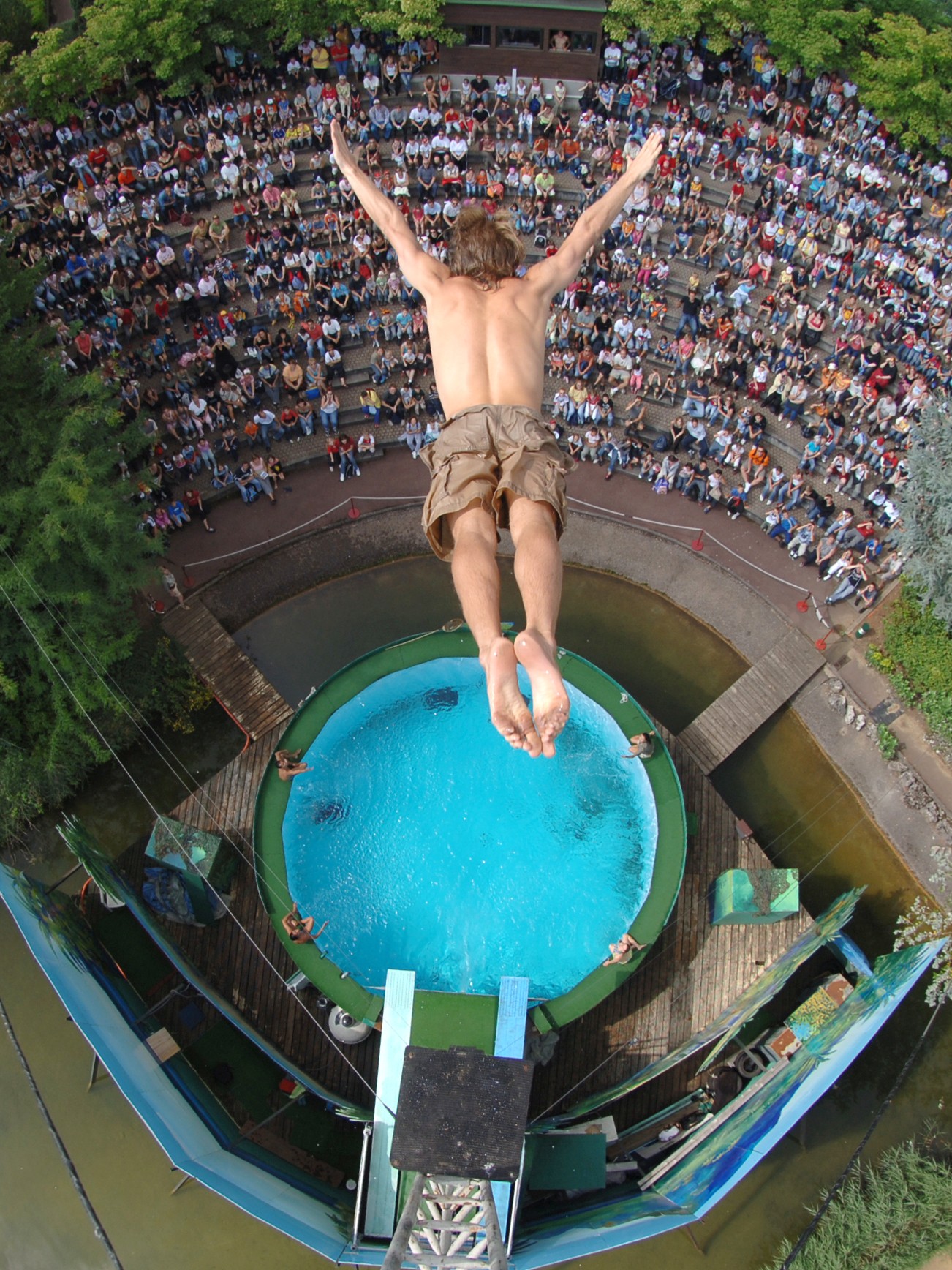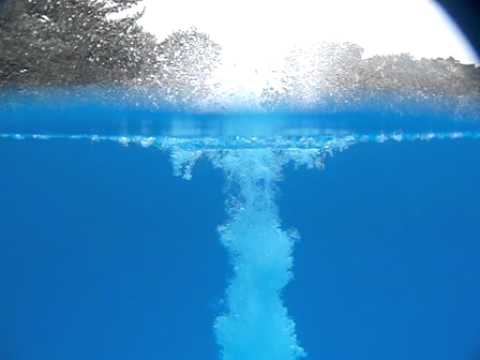My kids go to a great school, and through them I get to meet other artists. One of them is a very talented short story writer. She had a banner year in 2014, and got lots of attention.
Of course, from every literary agent she talked to, she heard this: “I love your work. Send me your novel.”
So it's time for her to write a novel.
Last weekend she and I were at a school dance party. While the children were on the dance floor adorably doing the Macarena, she leaned over and said, “I’m in the first 20 pages. It’s hard.”
I gave her the same advice everyone does, the stuff she already knew by heart – just keep writing, don’t try to make it perfect, that’s what editing is for, yadda yadda. The standard stuff. But she perked up when I said, “You won’t really discover what the book is about until chapter three or four. And you won’t know how to start the book until you’ve written the end. So don’t grip the beginning too hard right now – it’s going to change. Just dive in.”
I’m speaking from experience. I’ve written seven novels by this point, and only two have the same beginning they did when I first sat down to write. It’s because I’ve found I need to be inside a thing to figure out what it is.
The natural comparison for me is acting – I can look at a role from the outside and have all sorts of ideas and opinions. But until I’m up there, speaking the words and living the part, I don’t know who that person is.
A better comparison, though, might be directing. You cast the show, choose the elements, and have all sorts of ideas. But until it’s all together, you don’t know what it will become. As you watch the characters interact, they have moments that are better than anything you’d imagined in production meetings. In that moment a good director gives the actors permission to discover. It may get cut later, it may not work for the overall show, but there is more art in discovery than in planning. Until you’re in the moment, you don’t know. And it’s okay that you don’t know! You're just the guide in an ever-shifting forest of choices. It's not the destination, but the quality of the journey.
As an author, my very favorite moments are when my characters surprise me, when I plan for a scene to go one way, and then I’m in it and they’re all, “No, David, thanks, but I'll pass on that cup of poisoned wine. I think I’ll step outside and bay at the moon instead. Why? Trust me. It’ll work.” And it does.
My best example is the ending of The Master Of Verona. I won’t go into details, because spoilers, but after 180,000 words I thought I knew what was going on. In the final confrontation, however, I learned that I was entirely wrong. As the characters spoke, they revealed what their motivations had been throughout, changing the book drastically, and for the better. After a year of writing, it all came as a complete shock to me, yet made perfect sense.
Ever since I have learned to write for truth, not to a plan. There are goalposts, of course, events I know I want to happen. And I always have an ending in my head, the event, the place where I want to wrap things up. But how I get there is a discovery, and how that ending goes it up to the characters themselves. I learn more listening to them than by telling them what to do.
Of course, sometimes I still try to force things. There are events that I have in my head so strongly that I cannot let them go. That's when the writing grinds to a halt. Rather than give the story the freedom to move in its own direction, I'm imposing something. It's deadly. The story resists, and I get mulish. Or worse, I begin to get bored.
There is nothing worse than a bored artist. If I'm not excited about what I'm writing or performing, how can I expect my audience to be excited about it?
But there is excitement in discovery. It's an electric charge that makes you lean forward and engage. Art is the act of creation, and what is creation if not discovery?
Talking about this, with the kids stepping to All About The Bass in the next room, I saw my friend visibly relax. She really liked the idea that she didn’t have to know what she was doing yet. She’s an excellent writer, but was feeling lots of pressure, both external and internal. This was her novel! The Big Thing that was the next step in her Career.
What freed her in that moment was giving herself permission to discover. You don’t know what the book is until you’re writing it. In that sense, it’s very like life. You don’t know what kind of life it is until you’re living it.
Only here you get to go back and rewrite the beginning.
Follow David on Facebook here.



